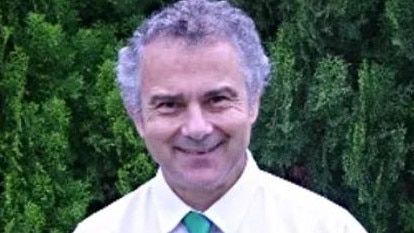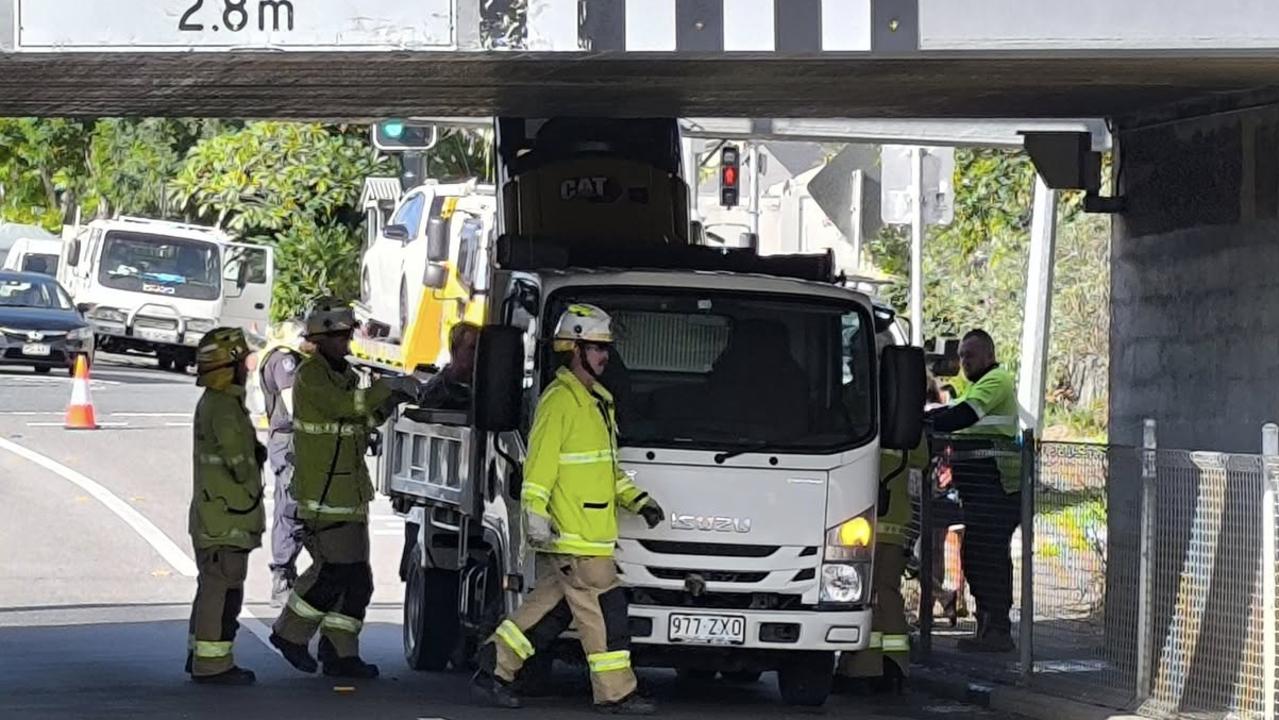Conditions of registration for Dr Albert Reece temporarily lifted
A popular Brisbane doctor whose medical performance was deemed “unsatisfactory” will be allowed to resume operations without conditions due to a lack of alternative services.

Southeast
Don't miss out on the headlines from Southeast. Followed categories will be added to My News.
A much-loved Brisbane doctor was told just last year he would have to cease practising medicine unless supervised after a performance assessment revealed he was allegedly relatively incompetent.
The Queensland Civil and Administrative Tribunal has now decided to allow the 64-year-old to resume operations without conditions, and continue treating his hundreds of largely “challenging” patients, in part due to a shortage of alternative services.
The Medical Board of Australia imposed conditions on Highgate Hill general practitioner Albert Stuart Reece’s registration in December last year on the grounds his performance was allegedly “unsatisfactory”.
Following numerous notifications by current and former patients to the Board and the subsequent completion of a performance assessment, it was decided Dr Reece should see a maximum of four patients per hour, be supervised by another general practitioner, and be audited every three months.
The doctor, who was well-known locally having worked from his current site for some 30 years, immediately ceased operations.
He had up until that point dedicated half his practice to treating drug-addicted patients and the other half to “traditional” work with families.
The two general practitioners who assessed his performance said he became “defensive”, “dogmatic and combative” when questioned and that his practice was “substantially below the standard expected of a competent Australian GP”.
“He demonstrated no insight into the deficiencies in his records and into his patient assessment, with heavy reliance on extensive use of investigations,” their decision read.
The assessors further noted that while he was clearly a “kind and caring” doctor he did not comprehensively explore patient history, completed little physical examination, and relied heavily on investigations without pre-test counselling. They made no suggestion of Dr Reece inflicting harm on any of his patients.
“Dr Reece has an extremely high workload and describes a very challenging patient demographic,” the decision continued.
It was recommended that a supervising general practitioner be physically present in the workplace a majority of the time and otherwise available by telephone and video-link.
Dr Reece was also advised to reduce his workload to four patients per hour, convert to electronic medical record keeping, and be subject to regular auditing.
By March this year, he claimed he still had not been able to find anyone with an acceptable level of experience and knowledge to supervise him and declared the condition “impractical”.
He said his cessation of practice had a significant and negative impact on a large number of drug-addicted patients.
“He cannot even write prescriptions for his patients for their current suboxone dosage, let alone provide titration of dosages, counselling or support,” it was submitted.
“The effect of the supervision condition is that his approximately 800 addiction patients need to urgently find a new doctor to continue their treatment or their buprenorphine treatment will abruptly end when their current prescription runs out (or in many cases will have already run out).”
Dr Reece worried that the closure of his practice could lead his patients to return to illegal drug use, to overdose, or even to die.
Fellow Brisbane medical practitioner and Queensland Health Clinical Director of Metro North’s Alcohol and Drug Service Dr Jeremy Hayllar said that since Dr Reece ceased operations in December, more than 200 of his patients and 80 others seeking opioid treatment had been placed on a waitlist for help.
He said the consequences of a patient being unable to receive their buprenorphine medication, which is used to manage opioid use disorder, could be “very serious” and lead to hospitalisation – although emergency departments do not currently have the capacity to address the needs for ongoing treatment.
Dr Reece asked that all of the conditions on his registration be discontinued pending the resolution of his application to review the original decision, as they were “not warranted by the findings in the assessment report”.
He said it was in the public interest that his practice continue.
The Tribunal noted it seemed most likely, based on Dr Hayllar’s evidence, that Dr Reece’s patients would struggle to find an alternative provider and that the public interest operated in favour of a temporary discontinuation of the conditions.
Dr Reece’s application for a stay pending the hearing and determination of his application for a review was granted, meaning he can continue operating without conditions such as supervision until further order of the Tribunal.




